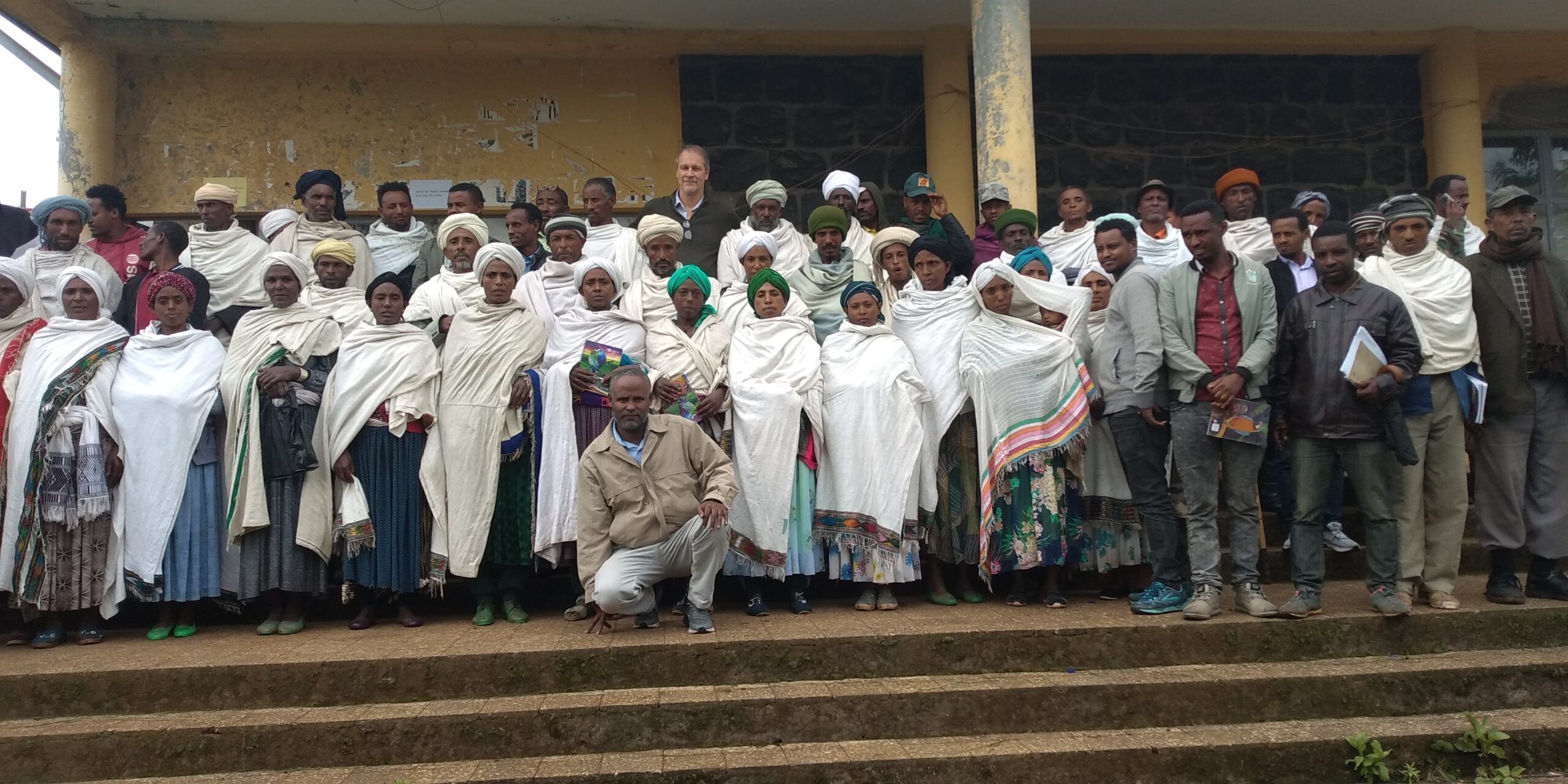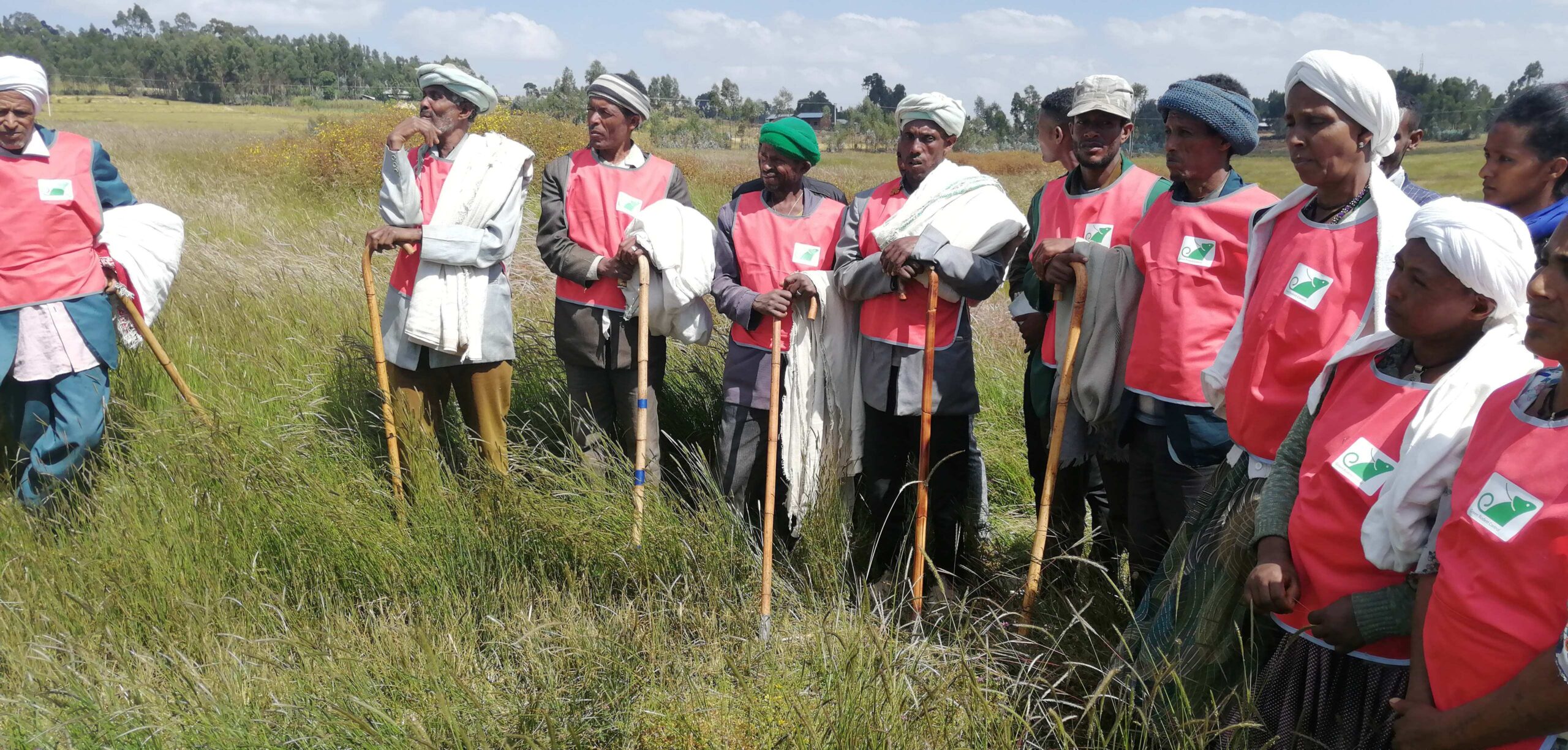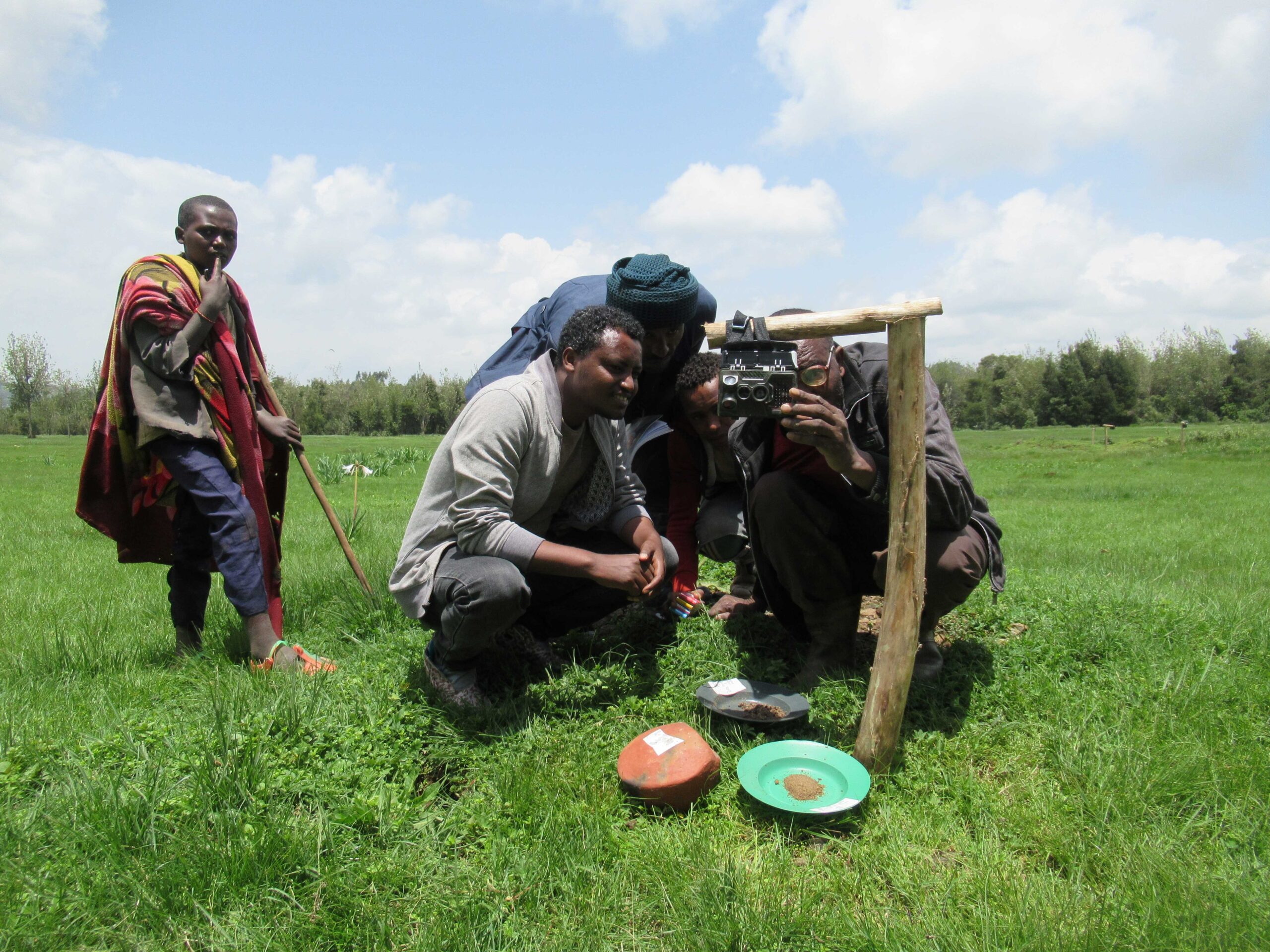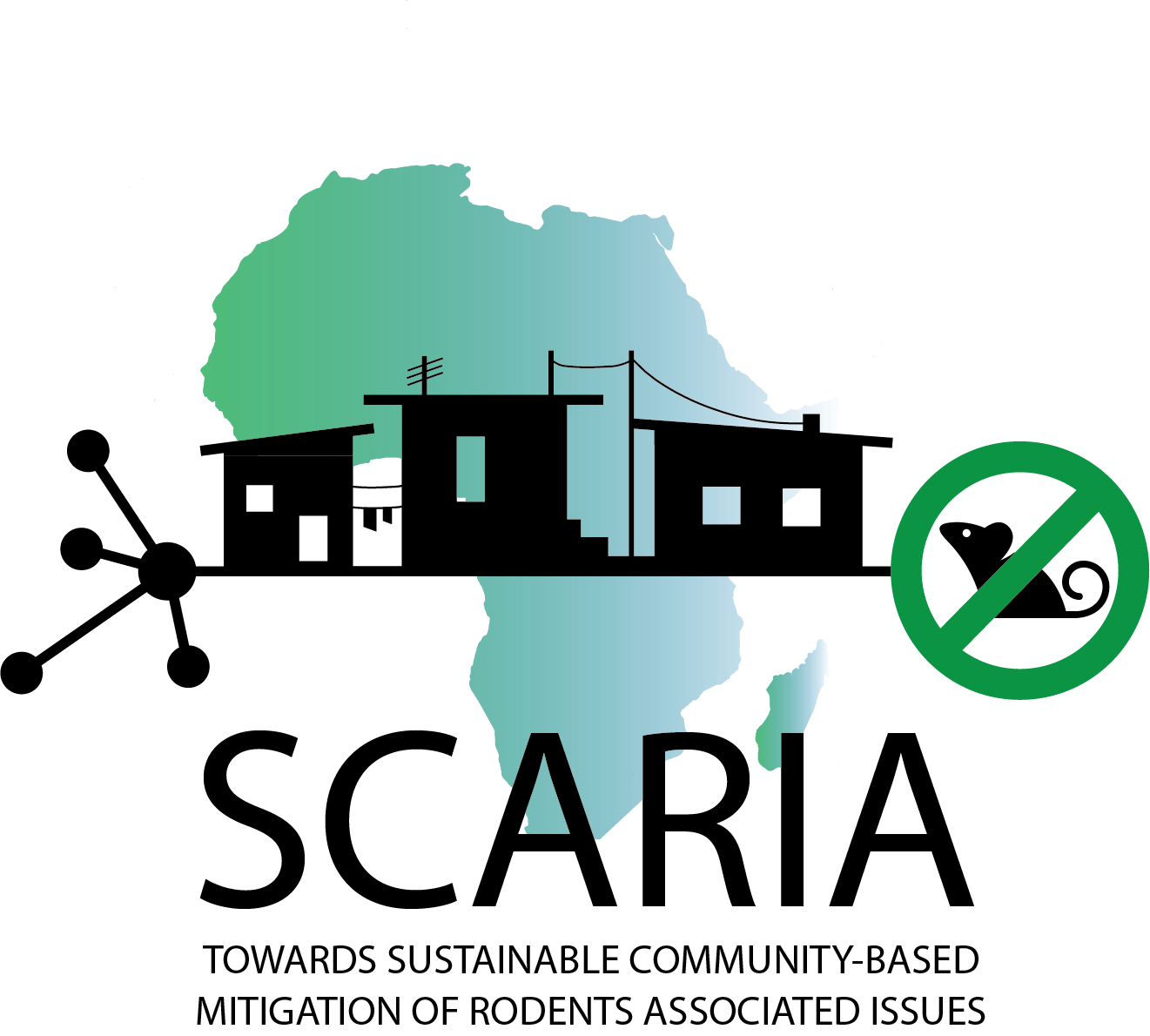Expanding the implementation of Ecologically-Based Rodent Management (EBRM) is of utmost important to boost agricultural production by curbing rodent losses that globally cause an enormous loss of $2 trillion annually, with a 10% average crop loss.
To date rodent control largely relies on synthetic rodenticides, but these are harmful to environment and rats are developing more and more resistance to them. A game changer is needed.
With Ecologically Based Rodent Management (EBRM) we propose integrated control mechanisms that greatly improve agricultural production standards in quantity and quality, and improves healthy living conditions.
EBRM provides an innovative solution through a wide range of ecological and biological control measures from household to community level, anchored in local government and farming communities. We have also developed a highly effective botanically based organic rodenticide, for which we received the 2021 Olam food prize.
Where we work...
About our projects...
We are dedicated as a team to work with you in the shift to Rodent Green Management as an improved way to help farmers manage rodents effectively and eco-friendly. We are working in the following projects and are always excited to keep developing and expanding our work with new partners, don’t hesitate to reach out!
Highlights of our work
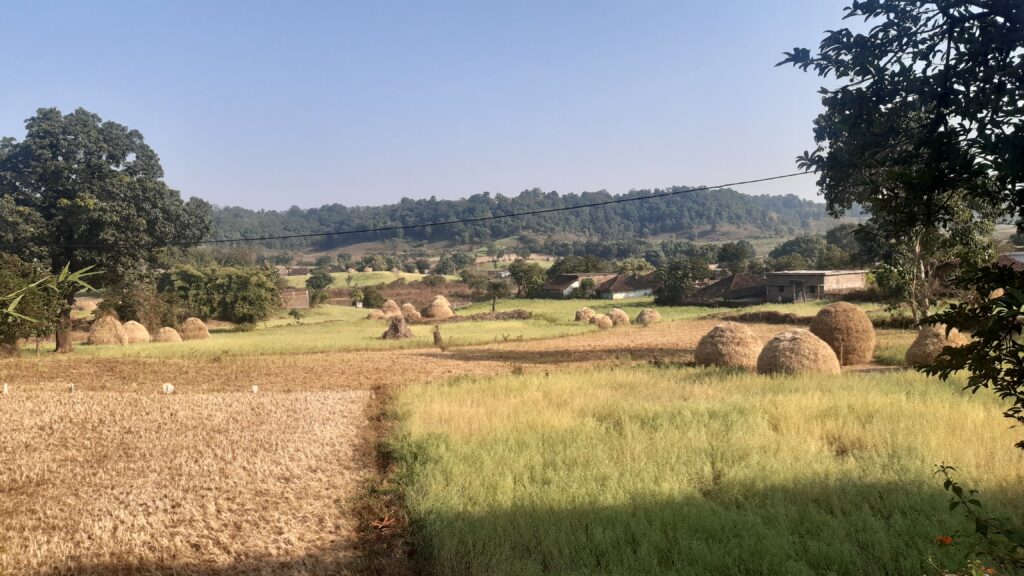
How to integrate Ecologically-Based Rodent Management with organic farming?
A question that often comes around and that deserves attention. Frequently, organic farming practices create favourable environments for rodent survival. Nevertheless, there exists an opportunity for integration to mitigate rodent populations. While preserving all the advantages of specific organic methods may not be feasible, numerous potential alternatives can be devised once we grasp rodents’ behaviour and how they respond to ecosystem shifts. The complex interplay between rodent populations and agricultural practices underscores the necessity for a harmonious approach that reconciles the... Read More
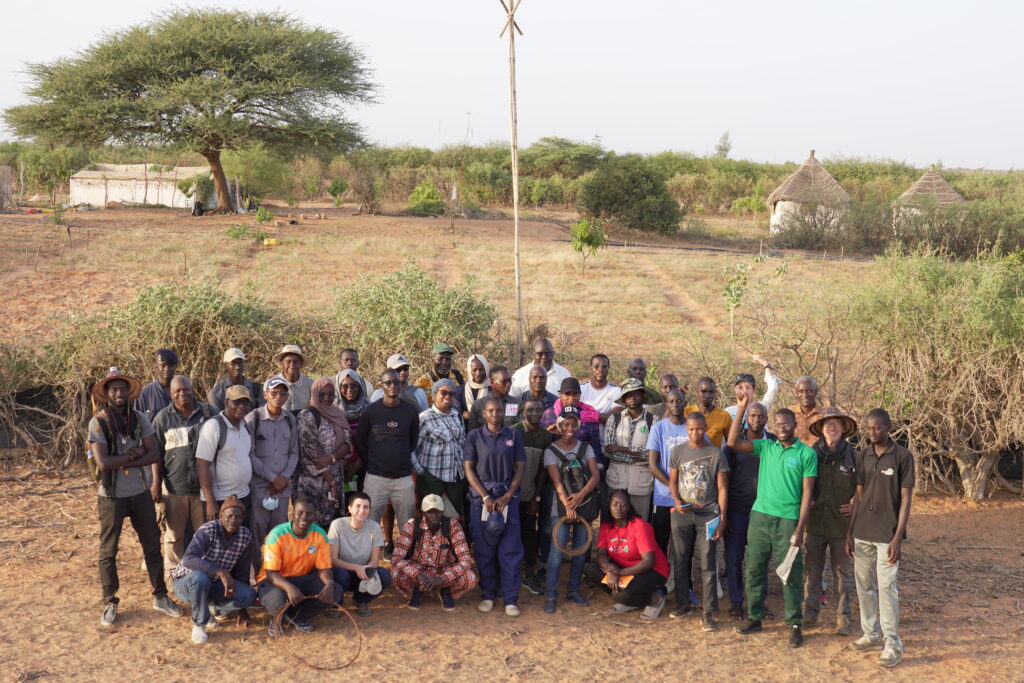
Webinar on lessons and prospects of EBRM in West-Africa
On the International Day of Biodiversity we invite you to embark on a pioneering journey with us as we introduce Ecologically-Based Rodent Management (EBRM) to West Africa. Rodents, notorious pests, wreak havoc on human structures, agriculture, and public health. Traditionally, chemical control methods dominate, but they come with risks to humans and non-target species. EBRM offers sustainable solutions by leveraging knowledge of rodent biology, ecology, and behaviour, coupled with community-based interventions. Rodent outbreaks can devastate crops, leading to agricultural losses... Read More
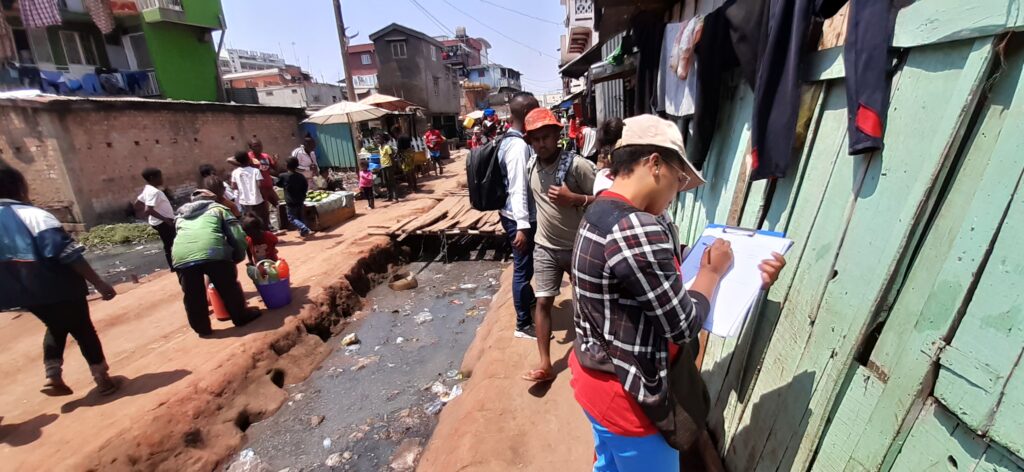
Work on urban rodent issues in Antananarivo, Madagascar
We're excited to share this blog featuring our work in Antananarivo as part of the SCARIA project. This initiative aims to develop sustainable, community-based strategies for managing rodent issues in African cities, including Niamey, Cotonou, Wolaita Sodo, and Antananarivo. In Antananarivo, we discovered intriguing rodent behaviors, such as high mobility and frequent movement between rice paddies and urban areas. Our student Tahiana used innovative tracking methods to study these patterns, revealing essential insights for effective rodent control. Our efforts are... Read More


